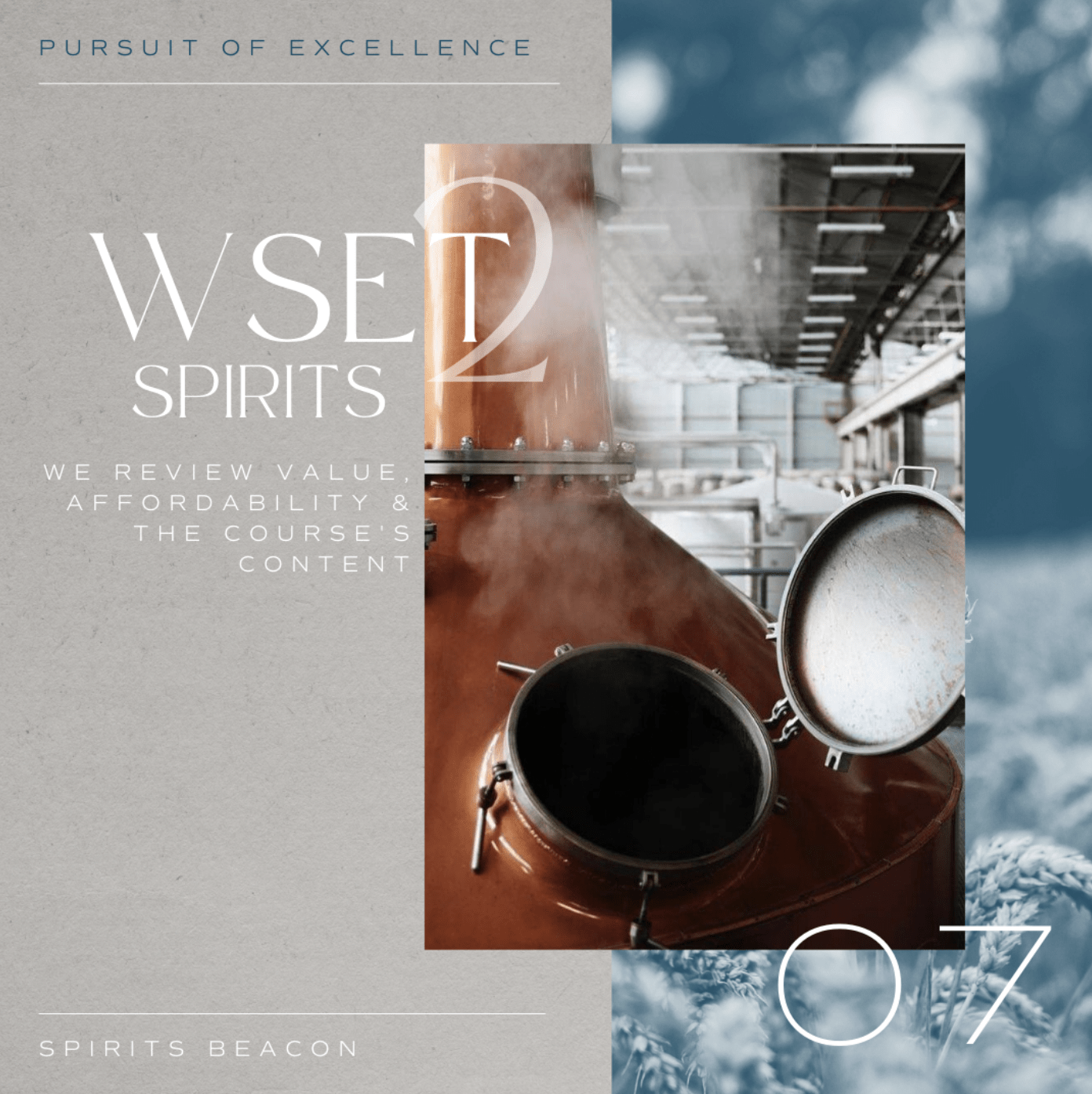

Let's kick off with some fundamentals… Who are the Wine and Spirits Education Trust?
The Wine and Spirits Education Trust is a leading trade body (and registered charity), focused on the ‘development and delivery’ of globally recognised qualifications in wine, spirits, and sake.
Since it was first established in 1969, WSET has pioneered the design and delivery of much of the industry’s education framework. Today, most who work in drinks will know about it, and it’s become the course provider that the majority will go through if they chose to do any form of formal drinks education.
In part, that’s because of the content and courses they offer, but also because the organisation is supported by some of the world’s most recognised drinks companies - Diageo, Pernod Ricard and Campari Group to name a few – who all place their trust in it (and their cash via a continuous stream of students). No wonder then, that a qualification is considered a big plus on a CV from those in the trade…


What does the WSET Level 2 Spirits cover?
WSET 2 has been designed to develop your knowledge and covers evaluating and tasting spirits, understanding principal raw materials and fundamental production methods, appreciating different qualities and styles of spirits, and gain a brief introduction to the industry (such as working in a bar and cocktail families).
The course has no entry requirements, but while it’s more than possible for beginners with little or no prior knowledge of spirits to go through it and enjoy it, it’s better suited to those with a good comprehension of spirits already.
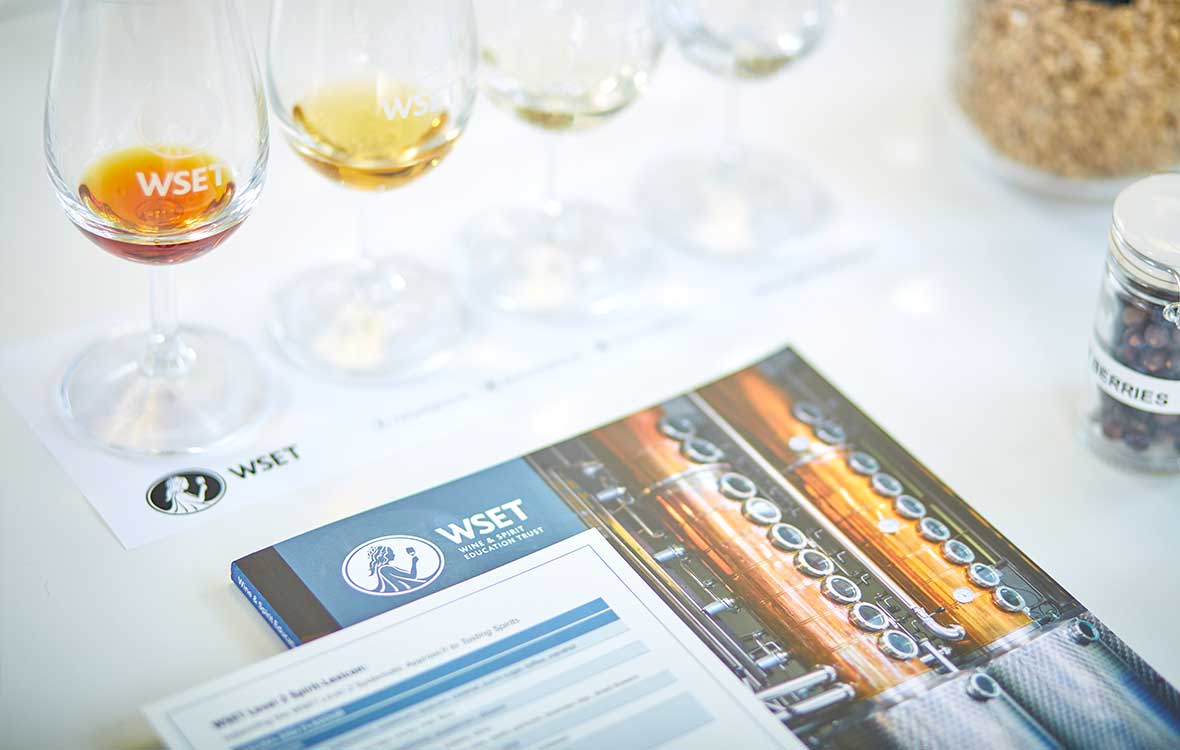

What format does a WSET course take?
The positive aspect of this course is that it’s accessible for all, be it in the UK or international students.
If you do it through WSET London, you have two different courses to choose from. The first is a Consecutive Intensive Course at the price of £450. It is considered the faster and easier route to go down, and it requires in person attendance from 9am-5pm over two consecutive days (including the exam) as well as private study time of around 10 hours (ideally started before you get there). It’s more expensive than online only, but samples of spirits for tastings are included and that in person enthusiasm you get from tutors makes a big difference to both comprehension and enjoyment.
It's worth noting here that for those non-London based there are some 800 WSET approved independent programme providers in over 70 countries and 15 languages. Costs vary depending on the country but are similar to above.
The alternative is an Enhanced Online Course which weighs in at £360. With 5 weeks of self-guided study this option may be more suitable for those with a more demanding work schedule. Although spirits are not included, you are still encouraged to sample and taste so if you go down this route, factor in a cheeky trip to a well-stocked bar…
Whichever you choose, you’ll get a course pack (including a book) sent to you in advance. The textbook is quite intimidating at first, especially if you are not confident with your basic spirits knowledge. That’s more formatting than anything else, as the presentation is academic and makes it feel like a return to school (with all the mixed connotations that can bring).
Who goes on the course and is it worth it?
Luckily, I have had the opportunity to look at WSET qualifications both as a bartender and with my current role as a content creator working within drinks. Clearly, a lot of what I’ve learned along the way has prepared me for the course but I can imagine that for those not in the industry – it could feel very theoretical. A bit dry.
A common question is what kind of motivations do people have for doing it? At the end of the day, if you pass you will walk out with a globally recognised qualification. So, if you’re considering a change of career or working towards a promotion, WSET Level 2 is an amazing opportunity for personal growth and development.
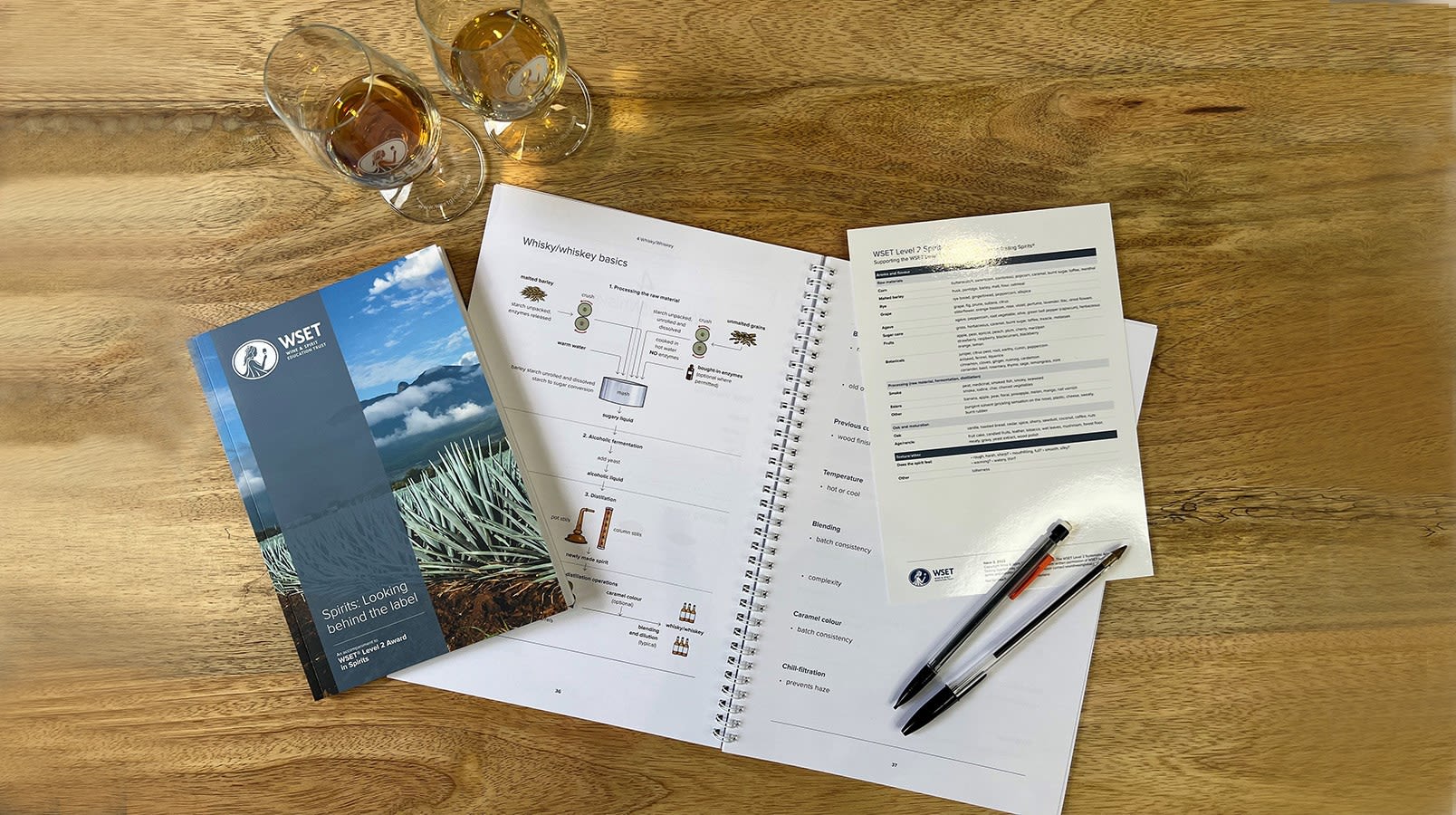

For some it may just be a course you go on to tick a box that looks good on a CV, but I can easily see the benefits. I think that if you’re coming from hospitality or work in a role that requires heavy customer interaction, there are clear advantages to improving your knowledge on how to taste spirits, to know a little more about production etc. as it will inevitably improve your confidence in how you engage with customers.
Whether it’s worth it in terms of value… in all honesty, this really depends on whether the cost is covered through work or if you’re paying for yourself. If it were the latter, I’d suggest that there are cheaper ways to advance your knowledge and advance your career. Arguably, better ones for the price too but that’s a tangent for another time.
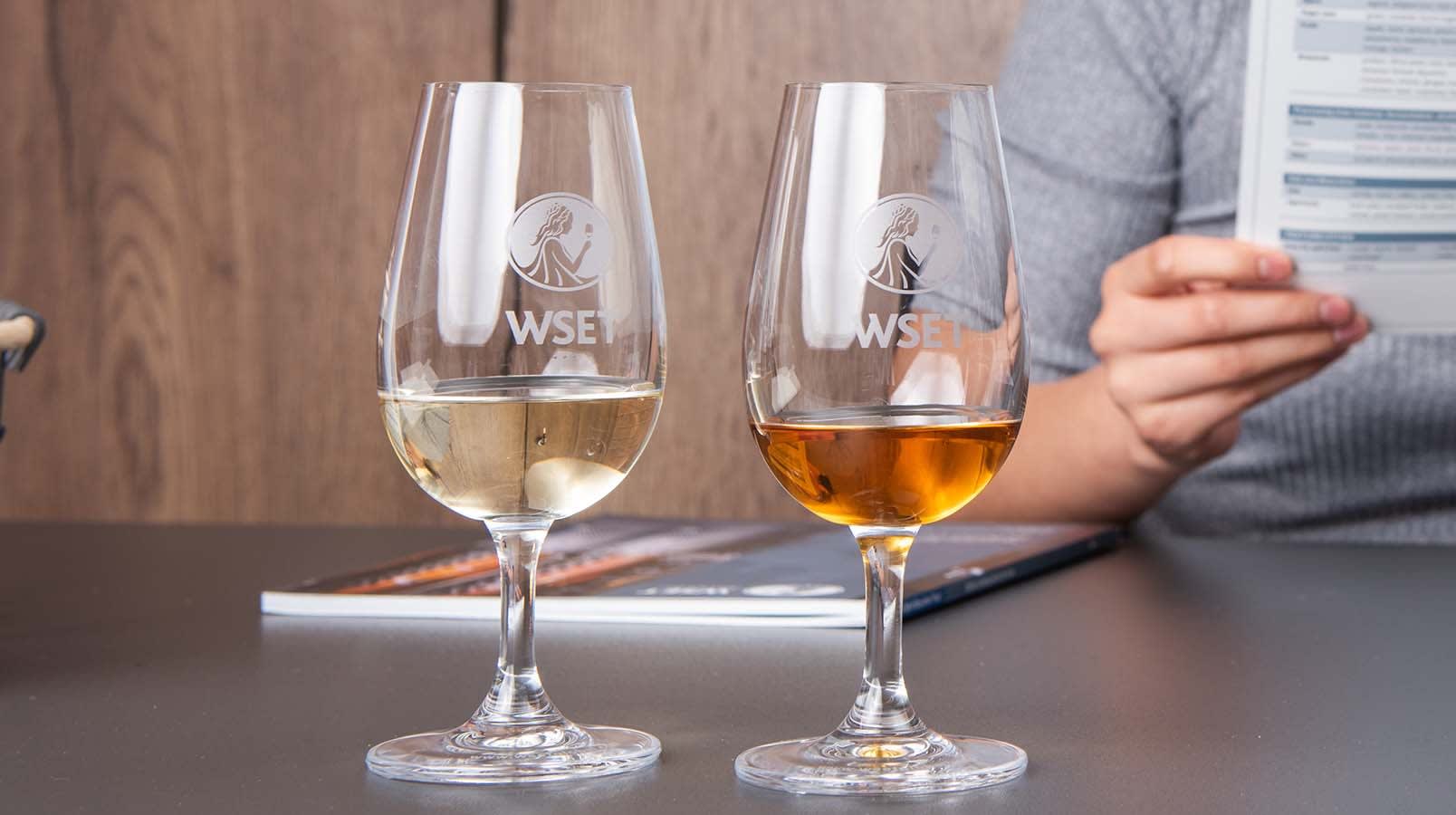

What is WSET Level 2 Spirits like?
(The good the bad and the ugly)
One of the more enjoyable aspects of the course and one which many look forward to, is that you get to sample spirits! I walked away with an improved understanding on how to taste and articulate different styles of spirits and why different spirit categories are the way they are.
However, depending on your preferred style of learning and the course you choose (either online or in person), the structure and delivery does warrant some frustrations and variable experiences...
So much of your perception of the course will be based on the tutor. Their charisma, energy, knowledge and skill (or lack of) in delivering content is key to what you get out of it. Just because someone has the knowledge doesn’t mean they will be a good teacher and each person will have their preferences. So much of the value of a course is down to that individual and if they found a way to connect with students. This is particularly true if you have found an area of the course that you are struggling with, as being able to communicate easily with your tutor can make or break the clarity of your understanding.
As for the framework that surrounds it all… Personally, I do not like the way it is written, and a lot of my frustration came from the design and structure of the textbook itself. You’re met with big blocks of text and with graphics that aren’t always annotated or directed in the most helpful way. I found often myself trying to figure out what they are trying to say rather than absorbing the information straight from the page. To top it off, the glossy paper makes it near impossible to highlight in the textbook without making a disastrous mess.
Text heavy sections aside - the content does not read as fluidly as you would expect either. With limited opportunity to ask any questions outside of sessions attended in person, the opinion I hear most often (and felt myself) is that you may find yourself feeling a bit lost from time to time.
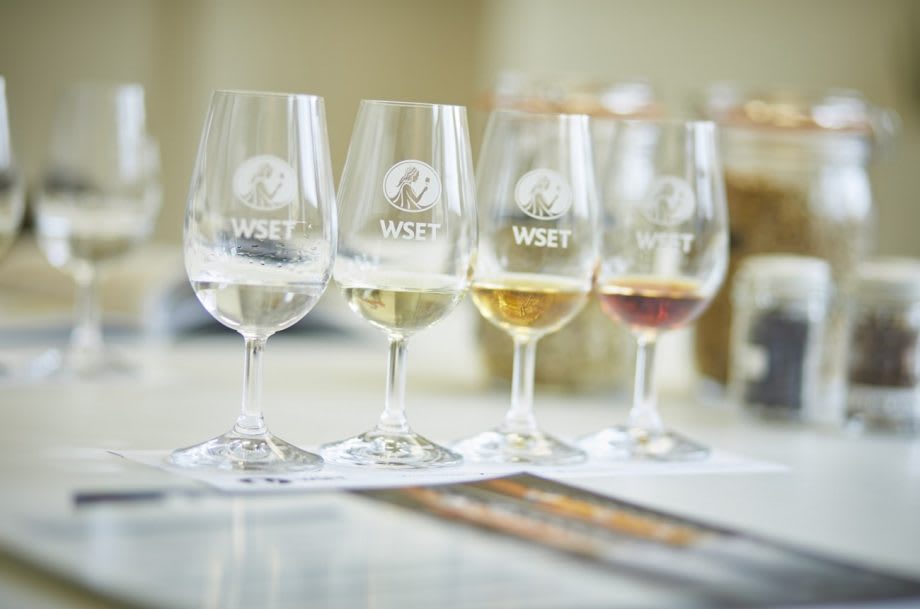

Another criticism I have is that a lot of information seems outdated. Not just images, but information too. For example regulation changes around Cognac, while Gin as a category is left in the doldrums of the 1990’s. In fairness, this is where interaction with your tutor comes in handy as they will be able to swerve through with some careful verbal guidance and advice. I've been told the textbook is due an imminent update, but given how big an organisation WSET is and the importance of accuracy in education, faster movement should have been made.
Genuinely, I think it’s time for the book to be restructured and redesigned. Not only in ways the content is absorbed, but the content itself. The last section which covers a spirits bar and cocktail families feels entirely out of place. For those coming from hospitality, you will be surprised at how basic the information is, causing you to question whether it was worth including it in the first place.
As a chapter, it’s standalone in that it doesn’t rely on any information learnt throughout the book. Comparatively, when you look at all the prior chapters, you can find links and notice how the information is more cohesive bridging one to the next for a greater understanding.
For those not from a bartending background, introducing how a spirits bar is set up feels like a pointless and underwhelming end to the course’s content. I also question how useful it is to the home enthusiast and if it would not be better to expand on some spirit sections a little further (by adding more images or context, or better templated graphic design, or by rewording parts into more accessible formats – ANYTHING!)
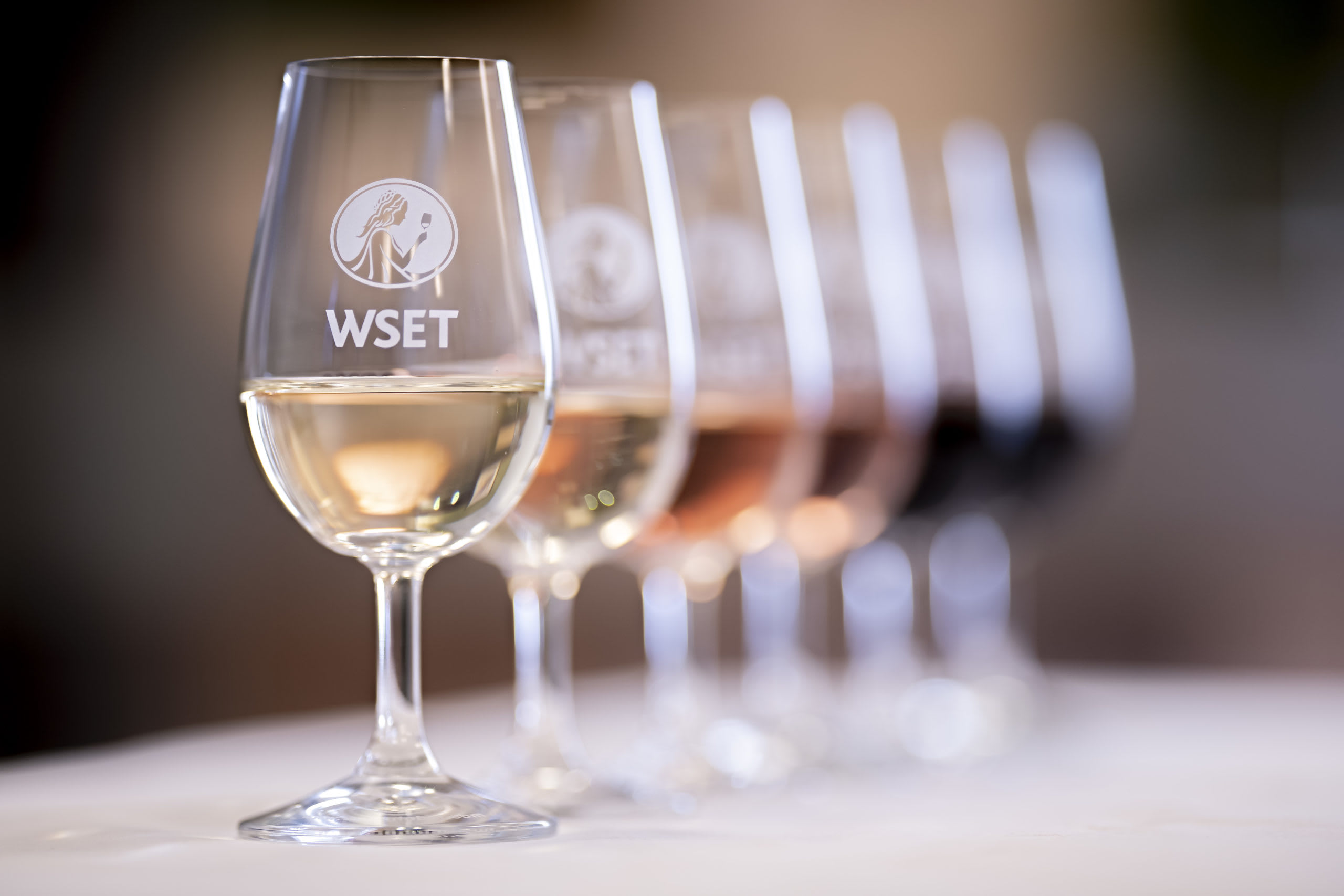

Is it worth it and what next?
For those wanting context of where it sits and what the next step would be after such a course, WSET’s answer is Level 3, which is far more advanced. Flicking through the course book as a quick preview had me shocked at the step up.
It really made me question whether the L2 is pitched appropriately in the first place.
For those in the industry, L1 is way too basic to be worthwhile, L2 could do with some updating, while 3 is the peak of what’s available currently but beyond the need of most. Meanwhile, for the non-industry folk L1 is expensive for what it is, 2 is about right in terms of the depth of information but flawed because of its dated formatting (that makes it not very fun), while L3 is so in-depth it’s way beyond the scope of interest and motivation most people have.
Trade student vs general enthusiast may seem opposite as student ‘types’ but I don’t think they have mutually exclusive needs and whichever way you look at it, L2 could do with some adjustment to be better suited for all.
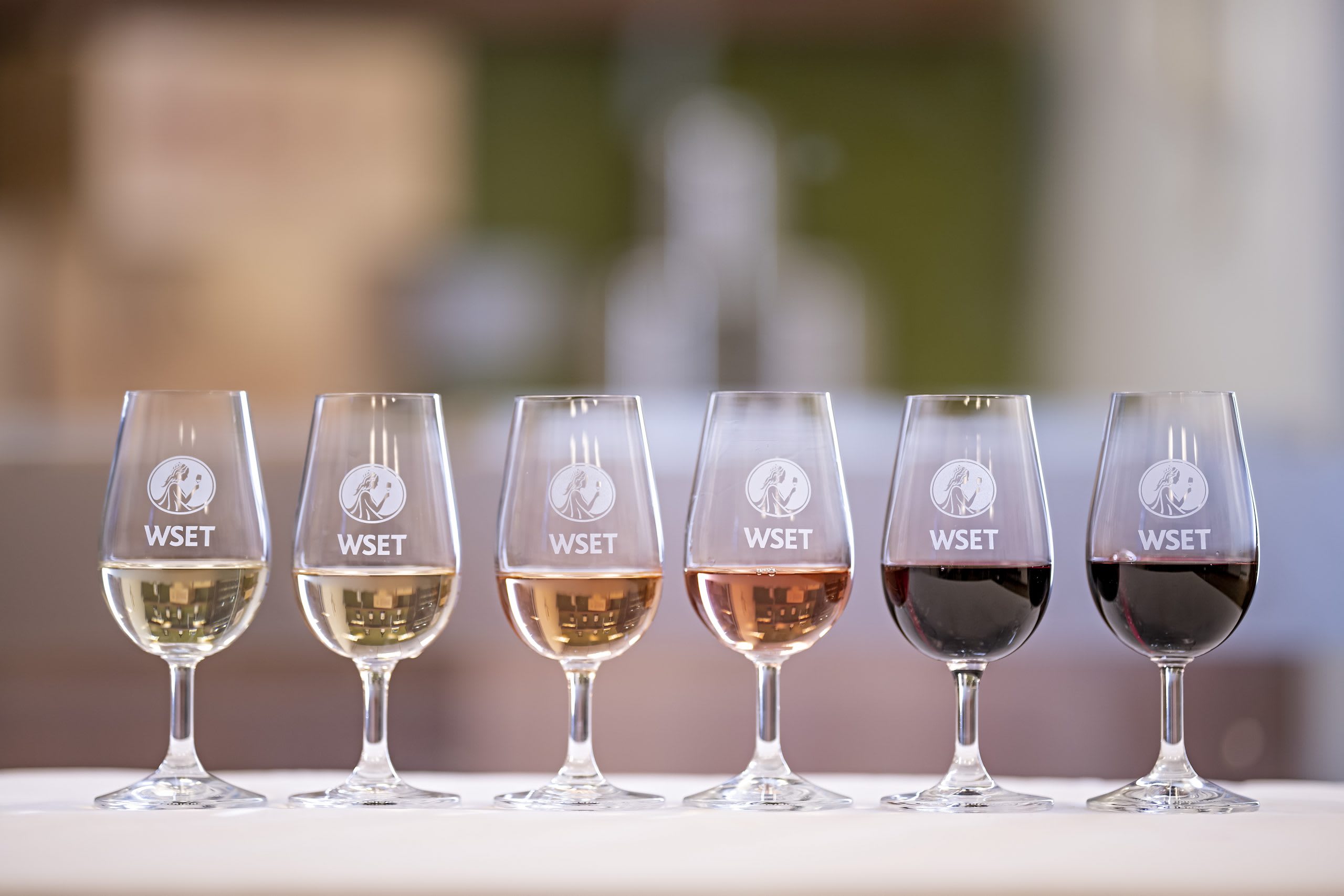

As part of this review, I was asked to categorically answer the question: If you had to pay for the course and it wasn’t covered by your employer, would you it recommend to others? No swerving. A straight up answer to whether WSET L2 is worth the price.
My answer is no, I wouldn’t.
Of course, I'm glad to have had the opportunity as it always feels great to have accomplished something. But for how brief the content is as a whole, it’s wildly expensive for those who don’t have employers who can place them on the courses. Even if you sign in to a provider with a great tutor leading the sessions, unfortunately, the way the book is structured (which is the framework for all learning across the board) is problematic. It’s outdated, unnecessarily academic and it made pre-reading, private study time and revision harder than necessary. At times it even turned fascinating subject matter a chore to dig into. If that changed and L2 got a bit of a rejig overall, as apparently it will be soon, then so would my opinion.
Editors note. 19th November 2022
Since we published this article we have been informed of changes made by WSET to their learning materials. According to the organisation, the updated Level 2 Award in Spirits textbook addresses most of the concerns stated above.
- They have adapted new formatting to make the text more reader friendly, with more graphics included to appeal to a wider range of learning styles.
- There are now much more in-depth details on technical aspects of distilling, category specific regulations and stylistic choices.
They further state that the updates were designed to make the gap from Level 2 Award in Spirits to the Level 3 Award in Spirits more manageable and to reflect the increased baseline of knowledge in the spirits professional world.
We welcome this news, and hope that this new course material helps continues their work in providing education for the industry and enthusiasts alike.

